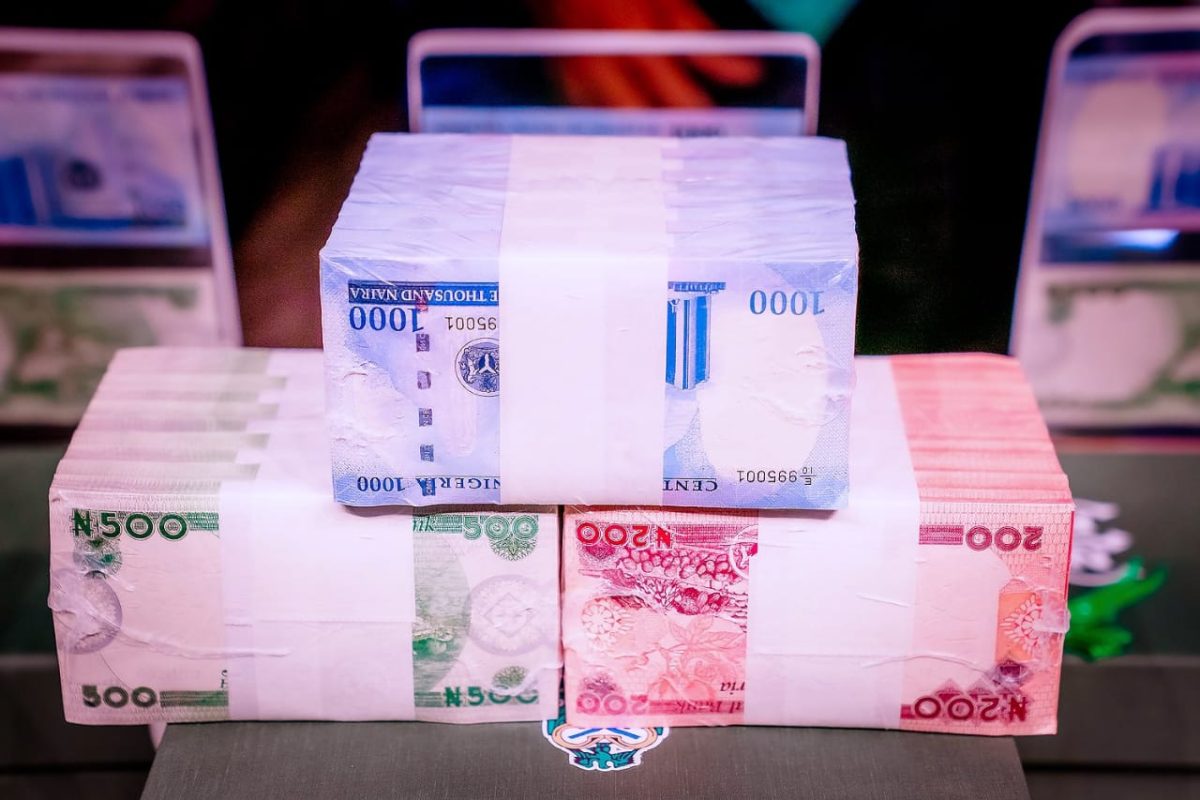The Central Bank of Nigeria has proposed that banks should transfer funds in accounts that have been dormant for up to 10 years into a trust fund account.
This is contained in the recently released exposure draft of guidelines on the Management of Dormant Accounts, Unclaimed Balances and Other Financial Assets in Banks and Other Financial Institutions In Nigeria.
A circular accompanying the exposure draft stated that the guideline was in response to requests from banks and other stakeholders for the CBN to clarify the procedures for the management of dormant and inactive accounts by banks in the country.
The circular, which was signed by the Director of Financial Policy and Regulation Department of the apex bank, Chibuzor Efobi, also called for inputs which should be sent within three weeks.
The draft states that banks and other financial institutions are expected to transfer all unclaimed funds into an Unclaimed Balances Trust Fund pool account, which will be domiciled at the CBN.
The apex bank said the balances would be invested in government securities like Treasury Bills and would be returned to the beneficiaries not later than ten days of notice.
CBN said, “The Central Bank of Nigeria shall open and maintain an account earmarked for the purpose of warehousing unclaimed balances in eligible accounts. The account shall be called ‘Unclaimed Balances Trust Fund Pool Account.”
The eligible accounts and financial assets are current, savings and term deposits in local currency; domiciliary accounts; deposits towards the purchase of shares and mutual investments; prepaid card accounts and wallets; proceeds of uncleared and unpresented financial instruments belonging to customers or non-customers of FIs; unclaimed salaries and wages, commissions, and bonuses.
Others include proceeds of stale local and/or foreign currency drafts not presented for payment by beneficiaries; funds received from a correspondent bank without sufficient details as to the rightful beneficiary and/or a recall of funds made to the remitting bank to which the Nigerian bank’s account has not been debited and a judgment debt for which the judgment creditor has not claimed the amount of judgment award.
The central bank said any bank or financial institution that contravenes any provision of the new guidelines would attract a penalty of not less than N2,000,000.
It added that failure to comply with CBN’s directive in respect of any infraction would attract a further penalty of N200,000 daily until the directive is complied with or as may be determined by CBN.
The CBN said the objectives of the guidelines are to “Identify dormant accounts/unclaimed balances and financial assets with a view to reuniting them with their beneficial owners; hold the funds in trust for the beneficial owners; standardise the management of dormant accounts/unclaimed balances and financial assets; and establish a standard procedure for reclaim of warehoused funds.”
The CBN also said that it would publish an annual list of the owners of the unclaimed balances that had been transferred to the pool account as well as the procedure for reclaim of warehoused funds.
In the signed Finance Act 2020, the Federal Government revealed plans to borrow unclaimed dividends and funds in dormant account balances of Deposit Money Banks. This was disclosed under Part XII of the Companies and Allied Matters Act in the Finance Act.
The move elicited reactions from stakeholders and a lawsuit from the Socio-Economic Rights and Accountability Project in 2021.




